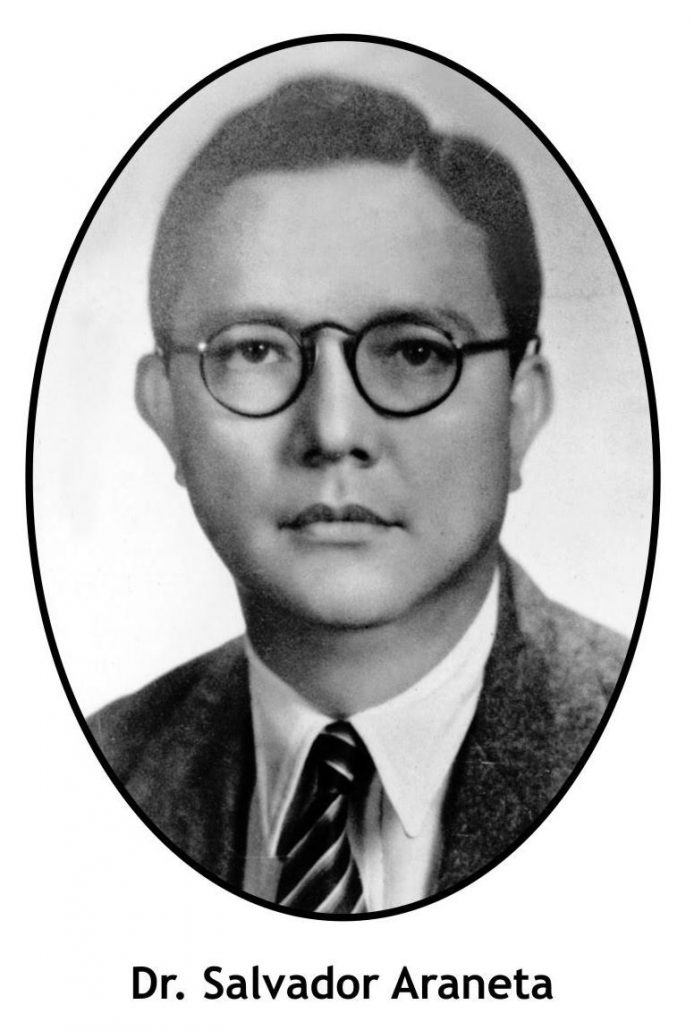 Sec. 13 – All persons, except those charged with offenses punishable by reclusion perpetua when evidence of guilt is strong, shall, before conviction, be bailable by sufficient sureties, or be released on recognizance as may be prescribed by law. The right to bail shall not be impaired even when the privilege of the writ of habeas corpus is suspended. Excessive bail shall not be required.
Sec. 13 – All persons, except those charged with offenses punishable by reclusion perpetua when evidence of guilt is strong, shall, before conviction, be bailable by sufficient sureties, or be released on recognizance as may be prescribed by law. The right to bail shall not be impaired even when the privilege of the writ of habeas corpus is suspended. Excessive bail shall not be required.
Sec.14 – (1) No person shall be held to answer for a criminal offence without due process of law.
(2) In all criminal prosecutions, the accused shall be presumed innocent until the contrary is proved, and shall enjoy the right to be heard by himself and counsel, to be informed of the nature and cause of the accusation against him, to have a speedy, impartial, and public trial, to meet the witnesses face to face, and the production of evidence in his behalf. However, after arraignment, trial may proceed notwithstanding the absence of the accused provided he has been duly notified and his failure is unjustifiable.
Sec. 15 – The privilege of the writ of habeas corpus shall not be suspended except in case of invasion or rebellion when the public safety requires it.
Sec.16 – All persons shall have the right to a speedy disposition of their case before all judicial, quasi-judicial, or administrative bodies.
Sec. 17 – No person shall be compelled to be a witness against himself.
Sec. 19 – (1) Excessive fines shall not be imposed, nor cruel, degrading or inhuman punishment inflicted. Neither shall death penalty be imposed, unless for compelling reasons involving heinous crimes, the Congress hereafter provides for it. Any death penalty already imposed shall be reduced to reclusion perpetua.
(2) The employment of physical, psychological, or degrading punishment against any prisoner or detainee or the use of substandard or inadequate penal facilities under subhuman conditions shall be dealt with by the law.
Extrajudicial Killings and Our Bill of Rights
We should take note of a line in the Preamble of our Constitution as well as Section 11 in Article II which tackles the Declaration of Principles and State Policies and several sections in Article III, about our Bill of Rights.
First, from the Preamble, we read, “We the sovereign Filipino people, implore the aid of Almighty God, in order to build a just and humane society… promote the common good, conserve and develop our patrimony…”Therefore, how does the ‘License to Kill’ order dovetail with the Preamble of our Constitution? Yet, this license is given to vigilantes who are even promised rewards for eliminating just anybody who is a suspected drug user or pusher. 10
The following provisions in the Constitution guarantee the rights of every citizen:
* Article II, State Policies, Section 11, The State values the dignity of every human person and guarantees full respect for human rights.
* Article III, the Bill of Rights, Section 1, No person shall be deprived of life, liberty, or property without due process of law, nor shall any person be denied equal protection of the law.
* Article III, Section 2, The right of the people to be secure in their persons, houses, papers, and effects against unreasonable searches and seizures of whatever nature and for any purpose shall be inviolable, and no search warrant or warrant of arrest shall be issued except upon probable cause to be determined personally by the judge after examination under oath or affirmation of the complainant and the witnesses he may produce, and particularly describing the place to be searched and the persons or things to be seized. (To be continued/PN)

